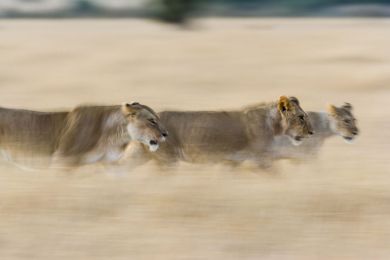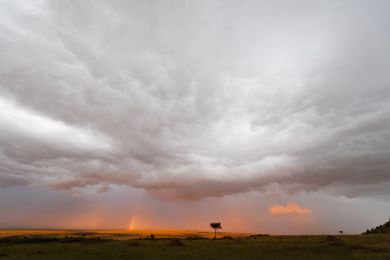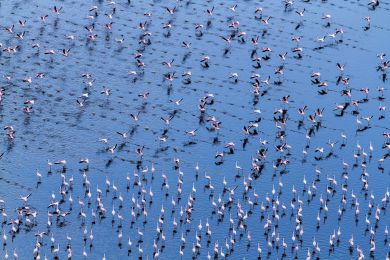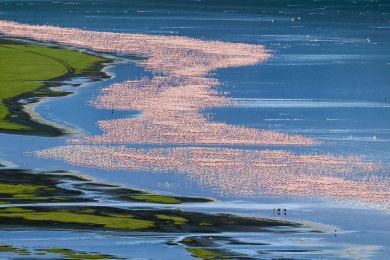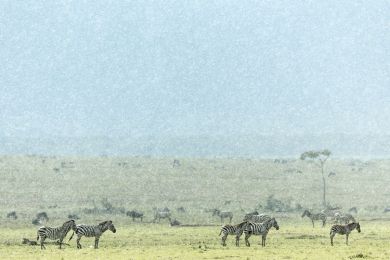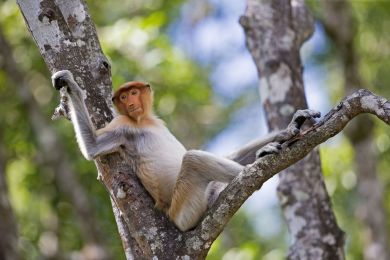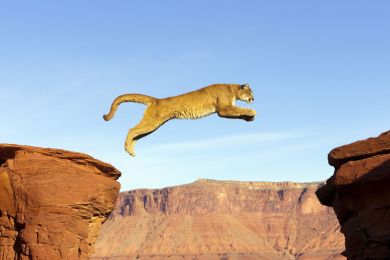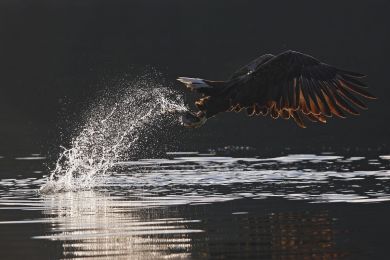By buying this product you can collect up to 178 loyalty points. Your cart will total 178 points that can be converted into a voucher of 35,60 €.
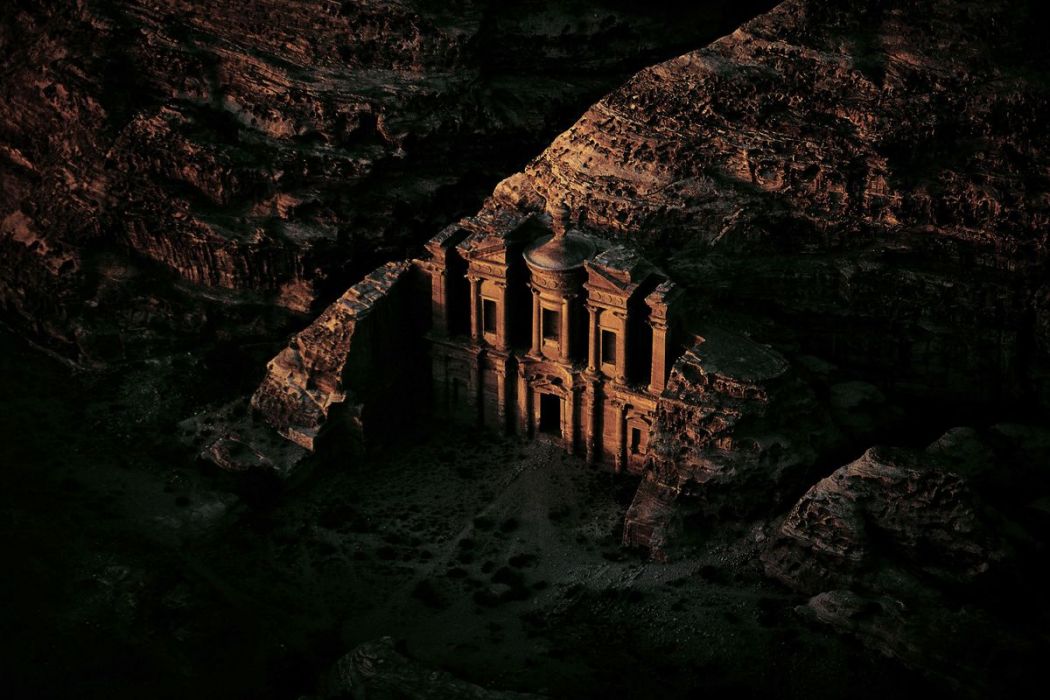 View larger
View larger
Picture information
Temple, Petra, Jordan
Yann ARTHUS-BERTRAND
Art Photography by Yann ARTHUS-BERTRAND, al Deir temple, Petra, Ma’An region, Jordan. Jordan is strategically placed between the Mediterranean Sea and the Red Sea. In the 7th century BC the Nabataeans who were merchant nomads settled here.
Data sheet
| Orientation | Landscape |
| Color | Brown |
Temple, Petra, Jordan
Yann ARTHUS-BERTRAND
Art Photography by Yann ARTHUS-BERTRAND, al Deir temple, Petra, Ma’An region, Jordan. Jordan is strategically placed between the Mediterranean Sea and the Red Sea. In the 7th century BC the Nabataeans who were merchant nomads settled here.
Fine Art Photography
Print by Experts
100 % Made In France
A recognized expertise, a search of permanent quality.
Printed by a professional photographic laboratory.
All prints are made to order, controlled by the Technical Director.
A certificate of authenticity is provided with each photograph.
Framework made by selected materials to give you the best results. every step of the processing is monitoring by experts.
Loyalty points
Gift Card
Don't miss the opportunity to do the best present...
The whole Yann Arthus-Bertrand photos available with Hemisgalerie gift card.
Lets your guest choose the best image.
Amount from 50 €, create and download directly on our website, valid for one year including promotions.
The original gift for all events
More info
Jordan is strategically placed between the Mediterranean Sea and the Red Sea. In the 7th century BC the Nabataeans who were merchant nomads settled here. They carved their capital, Petra, out of the sandstone of the cliffs in the southern part of the country were six caravan routes met. They made money by taxing the trade of rare products (incense from Arabia, spices from India, gold from Egypt, silk from China, ivory from Nubia) before being subjected to Roman rule in 106 A.D. Like most of the city's buildings, Al-Deir was built between the 1st century BC and the 2nd century AD, when Nabataean culture was at its peak. The temple towers over Petra's eight hundred or so monuments as it is very imposing (42 m high). After the decline of the Nabataean civilisation, it was occupied by Byzantine Christians, hence its name "Al- Dayr" which means "the monastery." Petra was declared a UNESCO World Heritage site in 1985, but in recent years, a new threat has emerged: mineral salts dissolved in the water table that touches the base of the monuments through capillary action have become embedded on the stone and are weakening it. The wind is also worsening their progressive degradation.




















































